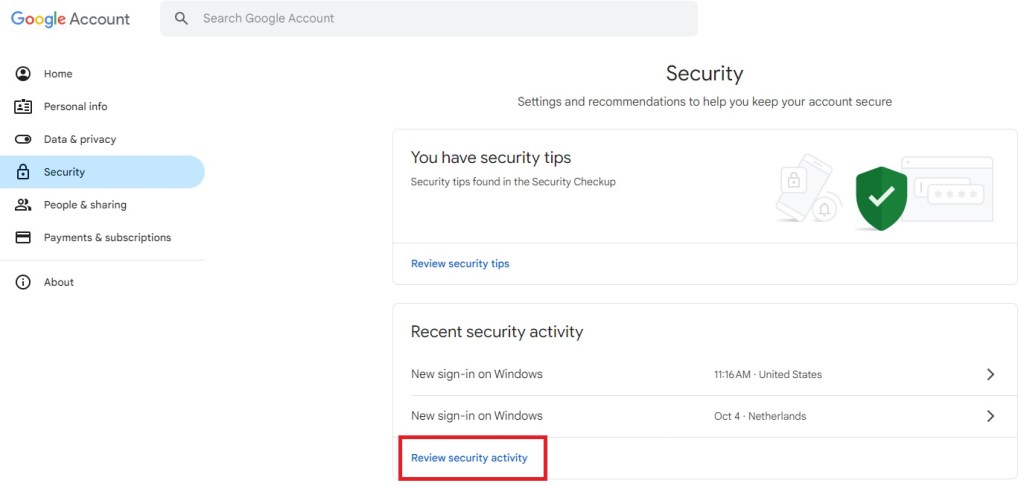Several reputable sources are warning about a very sophisticated Artificial Intelligence (AI) supported type of scam that is bound to trick a lot of people into compromising their Gmail account.
The most recent warning comes from CEO of Y Combinator Garry Tan who posted on X, saying the scammers using AI voices tell you someone has issued a death certificate for you and is trying to recover your account.
The scammers claim to be checking that you are alive and whether they should disregard a filed death certificate. If you click “Yes, it’s me” on the fake account recovery screen then you’ll likely lose access to your Google account.
In another recent example, Windows expert Sam Mitrovic was targeted by a very similar AI recovery scam.
He explained how the scam unfolds: It starts when he receives a notification of an alleged Gmail account recovery attempt, followed 40 minutes later by a call. The first time Sam misses the call, but when they try the same thing a week later, Sam answers.
In both cases, the notifications come from the US but the calls show “Google Sydney” as the caller. A polite American voice claims there’s been suspicious activity on Sam’s Gmail account and asks whether Sam was travelling.
The caller says there’s been a login attempt from Germany which raises suspicions, given that Sam is at home in the US. The caller says the login has been successful, and that an attacker has had access to Sam’s account for a week and downloaded account data.
Sam remembers the email and missed call from last week, and has the presence of mind to quickly check the caller ID. It looks like a legitimate Google Assistant number.
But knowing how easy it is to spoof a telephone number and pretend to be calling from that number, Sam asks for an email to confirm that the caller actually works for Google. Some typing against the typical background noises of a call center and soon enough the email arrives.
The email looks convincing. It comes from a Google domain, has a case number, claims to be from the Google Account Security Team, and it confirms the phone number and the name the caller is using.
While Sam reviews the email, the caller repeatedly says “Hello”. From the pronunciation and the spacing Sam realizes it’s an AI voice and hangs up.
Inspecting the email Sam found that the scammers are using the legitimate Salesforce CRM (customer relationship management) tool which allows you to set the sender to whatever you like and send over Gmail/Google servers.
Other targets that took the scam a little further, were asked to verify their 2FA, so it stands to reason that the scammers are looking to take over your Google account, but this time for real.
The need to confirm an account recovery, or a password reset, is a notorious method used in phishing attacks. They usually try to trick the target into opening a fake login portal where they need to enter their credentials to report the request as not initiated by them.

How to stay safe
There are a few signs you can use to identify this type of scams.
The “To” field of the confirmation email Sam received contains an email address cleverly named GoogleMail[@]InternalCaseTracking[.] com, which is a non-Google domain.
Google Assistant calls usually come from an automated system and only in some cases, from a manual operator. Google Support on the other hand will not contact you unsolicited.
To verify if a security alert is from Google, users can check their Recent security activity:
- Tap your Gmail profile photo in the top right corner
- Tap Manage your Google Account
- Select the Security tab
- You will see something similar to this:

Any messages claiming to be security alerts from Google that are not listed there will not be from Google.
Do not entertain these scammers for longer than necessary. It doesn’t take them very long to fingerprint your voice which would allow their AI to impersonate you by using your voice.
We don’t just report on threats – we help protect your social media
Cybersecurity risks should never spread beyond a headline. Protect your social media accounts by using Cyrus, powered by Malwarebytes.
